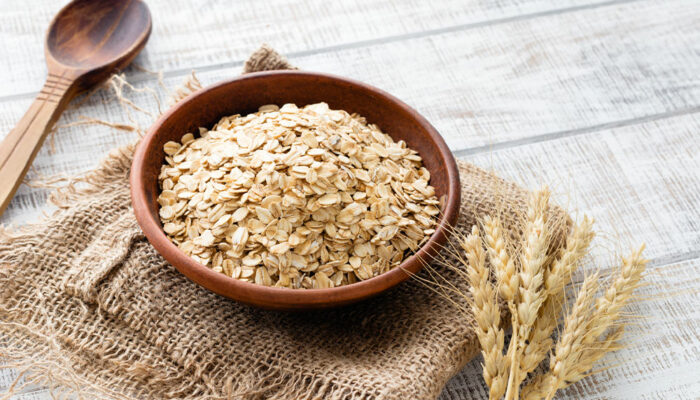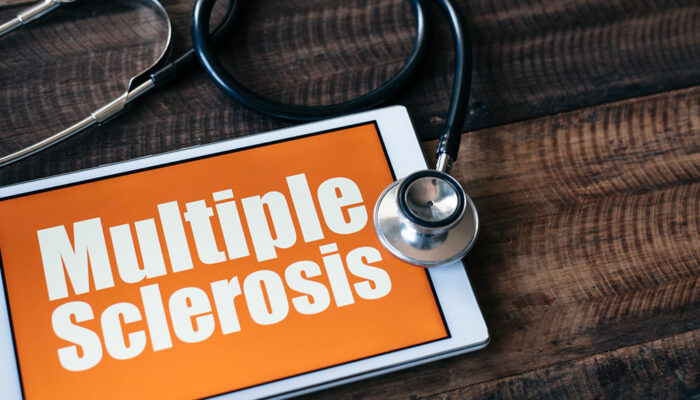
Benefits of healthy eating for mental health
Nutrition plays an important role in maintaining one’s health, and certain items, like processed and fried food, can have an adverse effect on one’s mental health. On the contrary, foods rich in nutrients can improve one’s mental well-being. Learning about the benefits of the right kind of food can help encourage better eating habits. So here is how certain food choices can help in improving one’s mental health and well-being: Improves self-esteem One’s self-esteem can be associated with the way they look and feel, and unhealthy eating habits may often lead to poor physical well-being and state of mind. On the other hand, a nutrient-rich, balanced meal plan can help people feel healthy and fitter, improving how they see and feel about themselves. Helps manage disorders The brain responds to what one eats and drinks, and choosing foods rich in essential vitamins, antioxidants, minerals, and other nutrients is crucial for healthy cognition. The lack of key nutrients may worsen mental health and disorders like depression. So, one should add foods rich in magnesium, selenium, zinc, and amino acids and have lots of water. Elevates mood Studies show a link between mental health and food, so one’s meals may impact how one feels during the day.
Read More 















